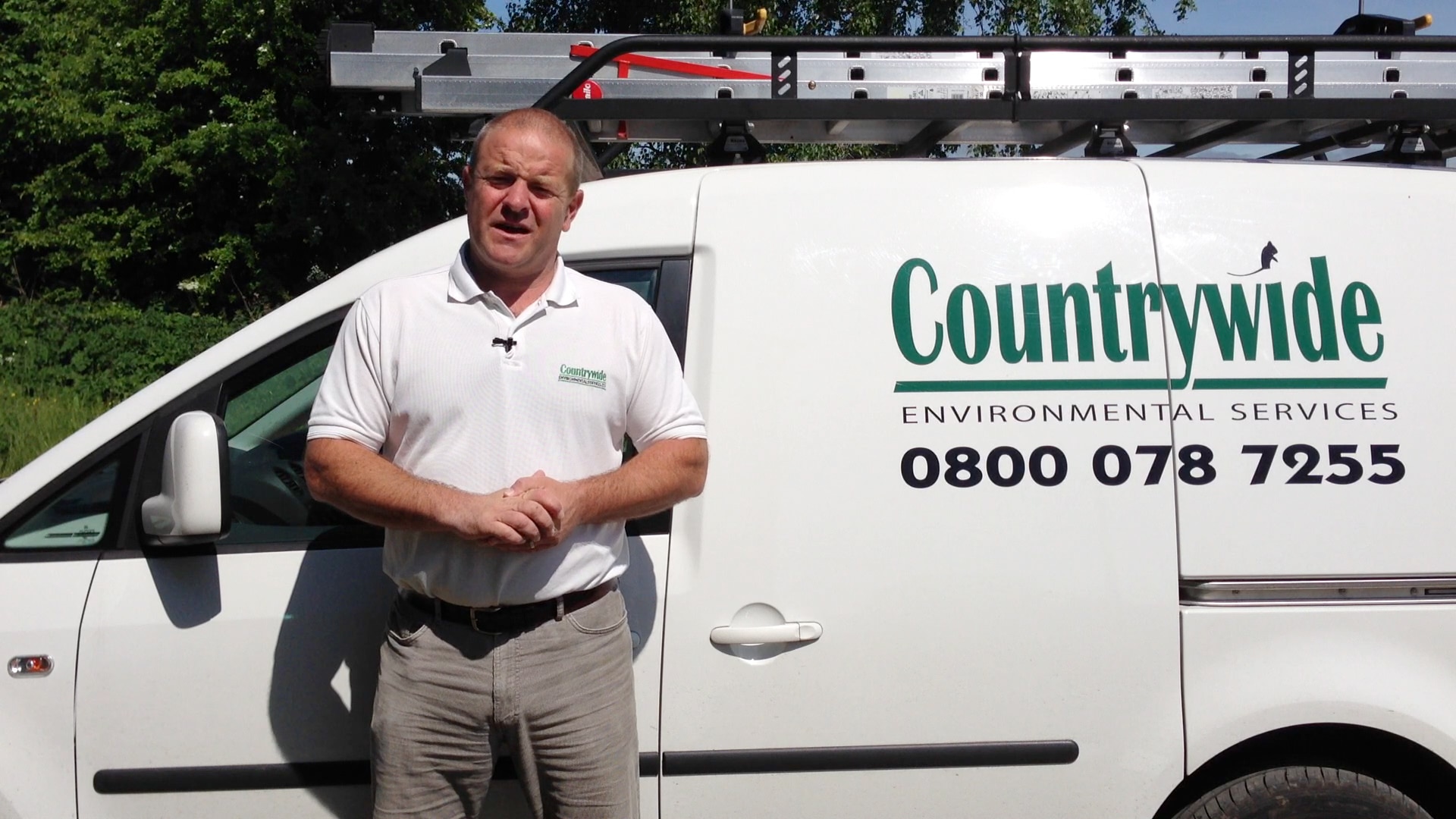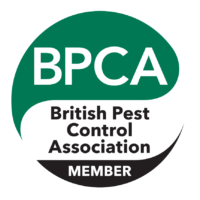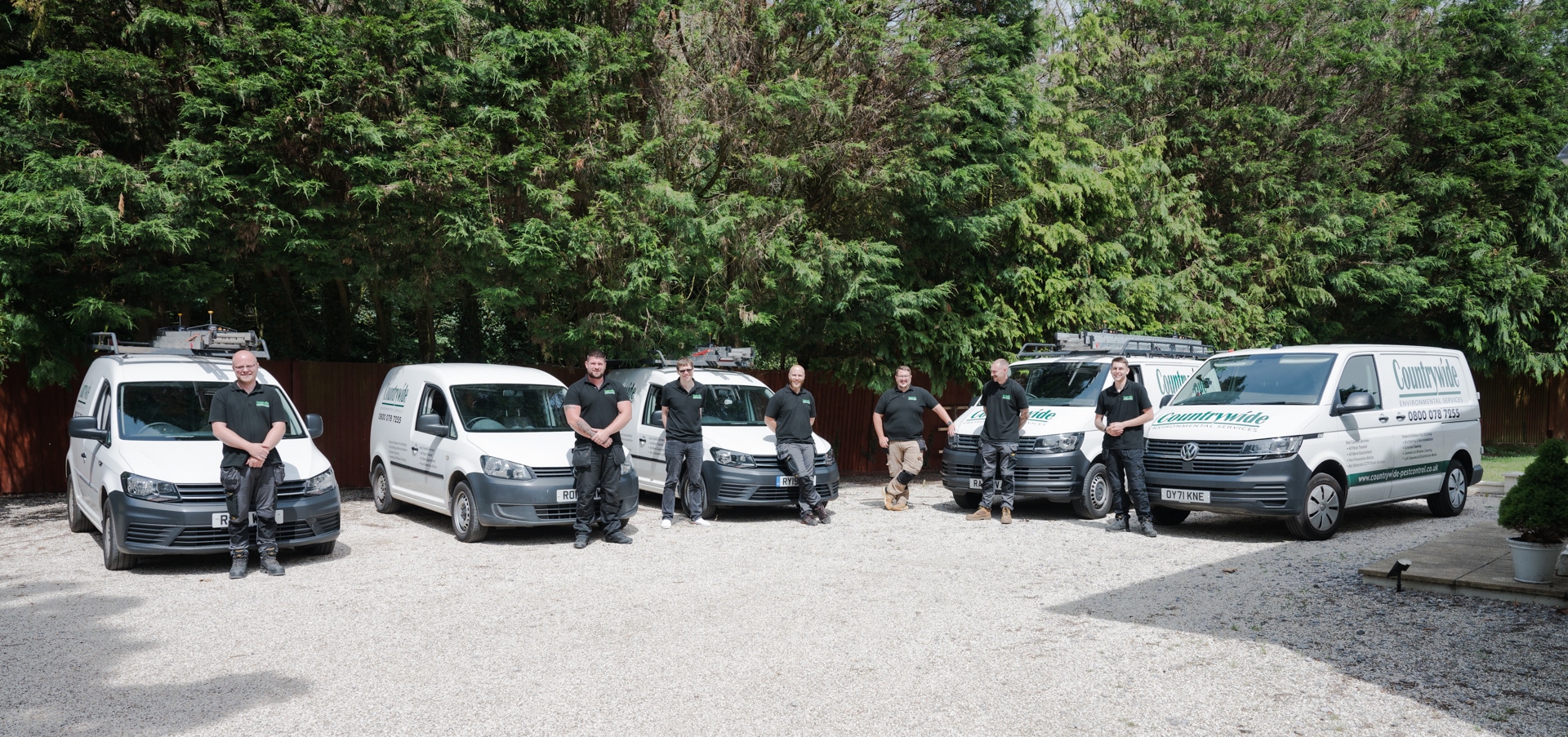Birds might not seem like a problem, but unwanted pigeons on your business premises or nesting on your home’s roof can cause many problems and become a real nuisance. Not only can they damage your property, but feral pigeons carry a variety of diseases. The best way to avoid a pigeon infestation is to identify the issue early on and use bird deterrents.
Signs of a Pigeon Problem
Pigeons are versatile birds that thrive in both urban and rural settings. As such, they can cause problems for homeowners and businesses across the UK.
Identifying the first signs of a pigeon infestation is vital in implementing an appropriate and timely solution to your property to deter pigeons from nesting and damaging your property further.
Some common signs of pigeons include:
- Sightings: The most obvious sign of pigeon activity is seeing pigeons on or around your property. They may perch on window sills or flat roofs, so you may see them at a distance.
- Pigeon Droppings: Large amounts of pigeon waste in concentrated areas indicates that you may have a pigeon problem.
- Noises: Bird cries can be very loud, as can the sound of their feet walking around on your roof. So, if they’ve decided to roost on your property, you’ll soon notice more noise.
- Nest Debris: When pigeons make nests, they use a range of materials, which are usually organic matter, such as small twigs, leaves, and grass stems. These items can dislodge from time to time, causing a build-up of debris in gutters and across your property.
- Structural Damage: Damage such as broken roof tiles or widening gaps in your property’s façade can occur as pigeons seek out sheltered areas. This can be a sign that pigeons are using your building as a perch or roosting there.
Whether you’re dealing with a large pigeon population or a few birds who are building nests on your property, keeping pigeons under control can be tough.
That’s why you need Countrywide. Our team have extensive experience dealing with pest birds, including pigeons, across Newbury, Berkshire, Oxfordshire and the surrounding areas. Call 0800 078 7255 to find out more about our pigeon control services today.
Problems Caused by Pigeons
Pigeons can pose significant problems for residential and commercial property owners, especially nesting pigeons or large flocks.
Some of the common problems caused by pigeons include:
- Bird Droppings: Pigeon waste, also known as guano, is generally infested with disease organisms, creating an extremely unhealthy environment to live or work near. As pigeons tend to live in flocks of between 50 and 500, this can be an issue for cleanliness and could become a slipping hazard. Guano not only affects the safety of the property, but it can also impact a home’s curb appeal or damage a company’s image.
- Reputation Issues: For businesses, pigeon problems can damage your reputation. A large number of pigeon droppings can make your business seem unhygienic and pose a health risk for staff and customers. As such, you need to be proactive when dealing with pest birds such as pigeons.
- Property Damage: Pigeons can cause a lot of structural damage to your home or business premises. Guano is also very acidic and can damage car paint, short out electrical equipment and discolour the building’s exterior. Pigeons also create nests on or between roof tiles, which could result in cracked, dislodged or damaged tiles.
- Solar Panel Problems: Pigeons like to nest in warm, safe places; one of their favourite locations is underneath solar panels. Due to pigeon guano having such a high acidity, a build-up of pigeon waste can reduce the efficiency of your solar panels as it can erode the wires and damage the surface. This will render your solar panels ineffective as they can lose the ability to generate power.
- Blocked Gutters: When pigeons land in gutters, their nests and guano can cause a blockage, resulting in a water backup and flooding. This can cause even more structural damage to your property.
- Insects Pests: Pigeons reproduce all year round, and due to the large numbers of pigeons roosting together, nests will contain fleas, mites, ticks and a whole host of other insects. Therefore, a pigeon problem could soon become a full-blown pest infestation.
- Health Concerns: Pigeons spread diseases through guano, and up to 49% of pigeons could carry a disease which is dangerous to humans. Pigeon droppings are usually on the street, windowsills, and cars; however, when guano dries, it creates a powdery substance which is blown into the air and inhaled. These pathogens can be incredibly threatening to people with weak immune systems or asthma.
When dealing with bird problems, such as pigeons nesting under solar panels or on commercial properties, Countrywide uses humane methods to deter and prevent pigeons from accessing your space.
Contact us to find out more about our pigeon control services and how we can reduce the issues caused by local pigeon populations.
How Countrywide Gets Rid Of Pigeons For Good
Pigeon proofing and prevention are essential in keeping your building protected and safe. Countrywide pest control employs a variety of methods to effectively discourage pigeons by using deterrents, such as:
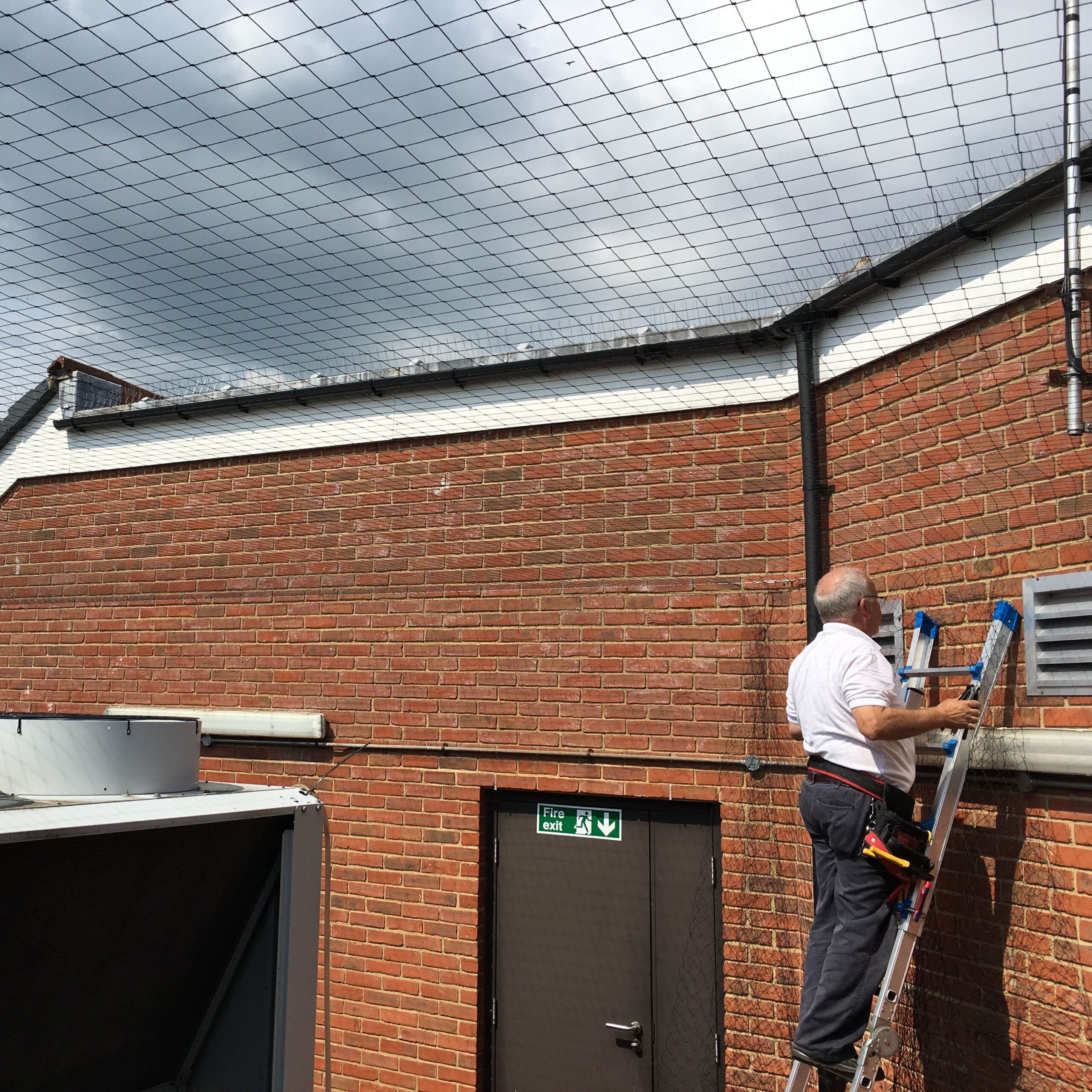
Bird Netting
Pigeon and bird netting is manufactured using high-density polythene, an extremely strong and durable mesh that birds cannot get through. This offers an effective solution to prevent birds from gaining access to recesses, roofs, balconies, eaves and other surfaces. This netting is also very discreet, so it will not distract too much from your building.
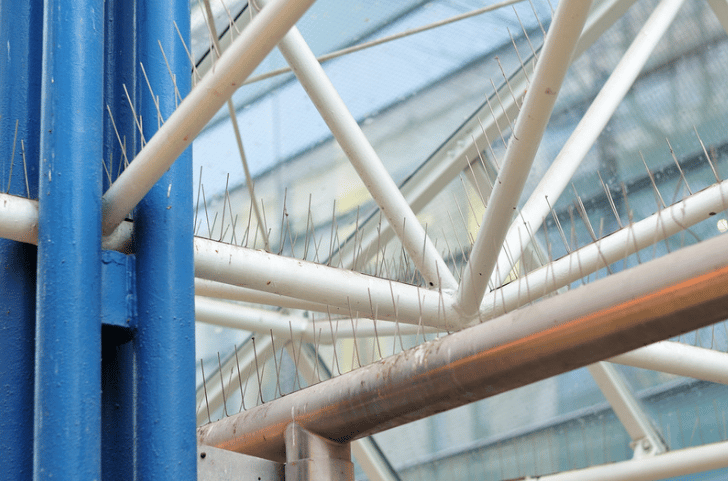
Bird Spikes
Pigeon spikes are a great way to deter pigeons from your property as they prevent the birds from roosting in various locations. The spikes do not harm the bird but are uncomfortable to discourage birds from nesting. They attach to the structure of your building and are easy to install and maintain. For best results, we recommend using bird spikes and bird netting together.
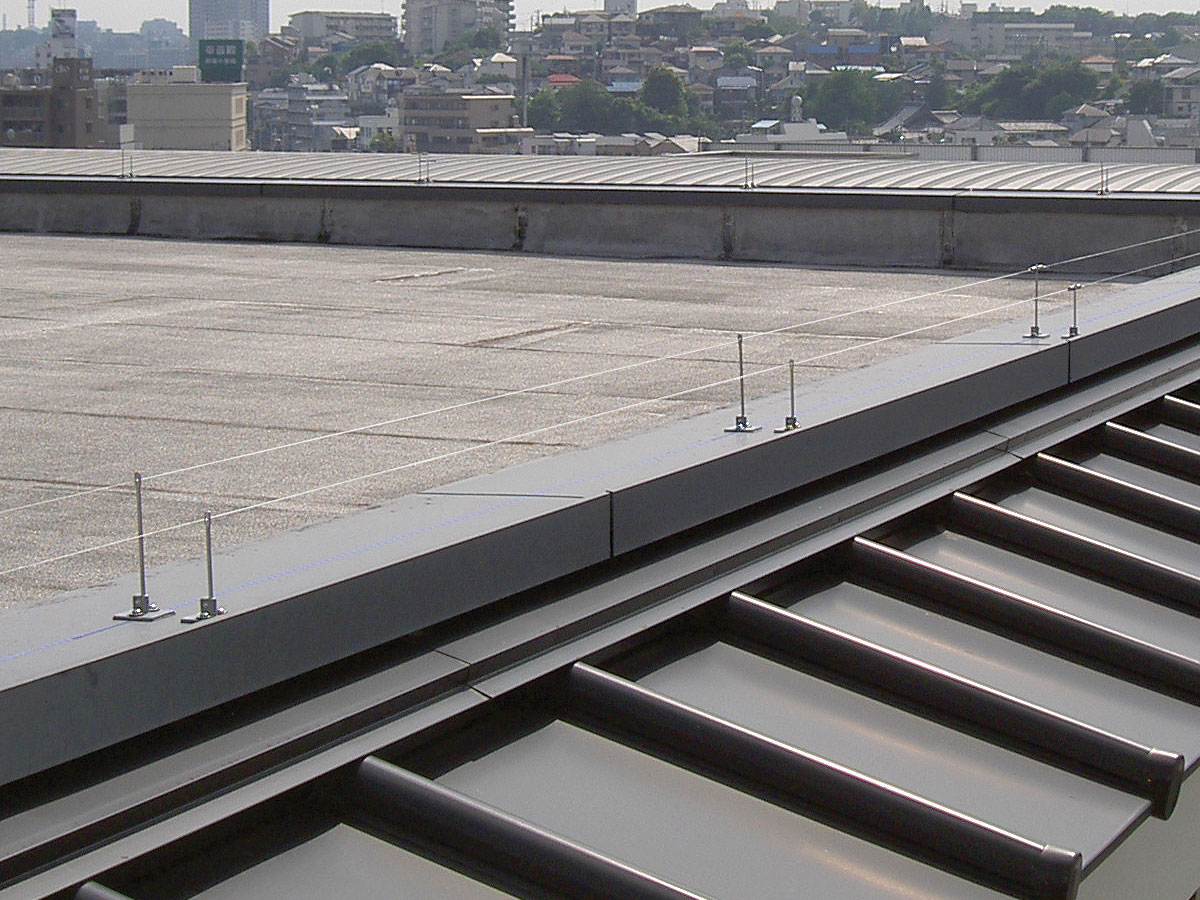
Bird Wire
Pigeon wire is a spring-tensioned wire designed to discourage pigeons from nesting as it creates an unstable and unsafe landing. This solution is highly effective in areas where pigeons have not yet started roosting or for buildings that need a discreet bird-proofing method.
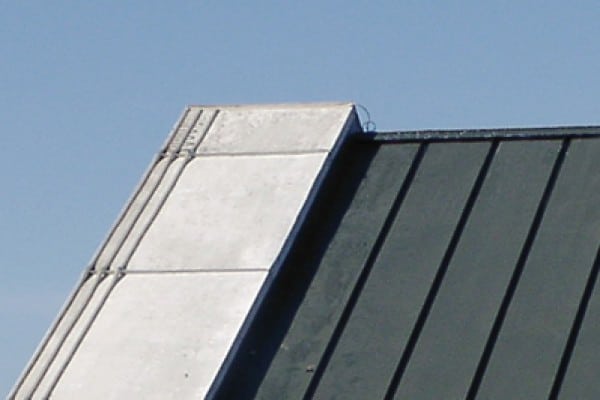
Avishock
Avishock is an electric bird deterrent that emits a small electric pulse that does not harm pigeons or birds. This prevents pigeons from returning and is an excellent solution for difficult-to-proof areas or as a bird control strategy for large commercial buildings.
Common Diseases Spread by Pigeons
Pigeons carry many diseases, which can spread to humans. As such, it is imperative to pigeon-proof your property to avoid the spread of a dangerous pathogen. Some diseases that pigeons carry which can be dangerous to humans include:
- Histoplasmosis: Histoplasmosis is one of the more common infections spread by pigeons, which is caused by inhaling spores of fungus found in guano. This disease can cause fever-like symptoms that usually last a few weeks, developing between 3 to 17 days after exposure.
- Paratyphoid (Salmonella): This bacteria is transmitted if you are in direct contact with an infected pigeon or through pigeon droppings, and this illness can affect your joints and intestines.
- Psittacosis: Psittacosis is an uncommon ailment that can pose a risk to humans. This disease is transmitted by inhaling dust, which contains secretions and feathers from infected pigeons, caused by the bacterium Chlamydia Psittaci. Humans often develop headaches, fever, chills, muscle aches and chest pain.
The best solution to ensure that pigeons and other birds can’t spread diseases to humans is to keep them away from homes, businesses and densely populated urban areas. That means deploying effective pigeon control from providers like Countrywide.
Choose Countrywide For Pigeon Control Newbury And Berkshire
While a few pigeons perching on ledges near your property might not seem like an issue, it can soon escalate. Pigeons are attracted to areas which are safe for nesting and have reliable food sources.
Even if you don’t actively feed pigeons, they can quickly find food. As scavengers, they will pick up discarded food from the floor and pick at rubbish bags, which can cause damage. Also, their guano is highly acidic, meaning it can cause damage to your property and become a health risk.
Pigeons are also prolific breeders. They can breed up to 8 times per year, producing 2 or more chicks each time. Therefore, if you have a pigeon problem, it is imperative to resolve it quickly, as it could cause irreversible damage to your property and develop into a much larger problem.
As one of the most common pest bird species in the UK, alongside seagulls, pigeons need to be dealt with promptly. All wild birds, including pigeons, are protected by law, so they cannot be unlawfully killed or have their eggs destroyed. As such, you need pigeon deterrents and pigeon proofing solutions that will remove them humanely and effectively.
To get rid of pigeons and keep them away for good, Countrywide employs a number of different bird control methods. We provide commercial and domestic pigeon pest control throughout the Berkshire, Hampshire and Oxfordshire areas, so get in touch with us today. Call our team on 0800 078 7255, and we will book you in for a free site survey as soon as possible.
Pest problem? We can help
Book a VisitEmergency pest removal
Get rid of your pests fast with our emergency call out service.

